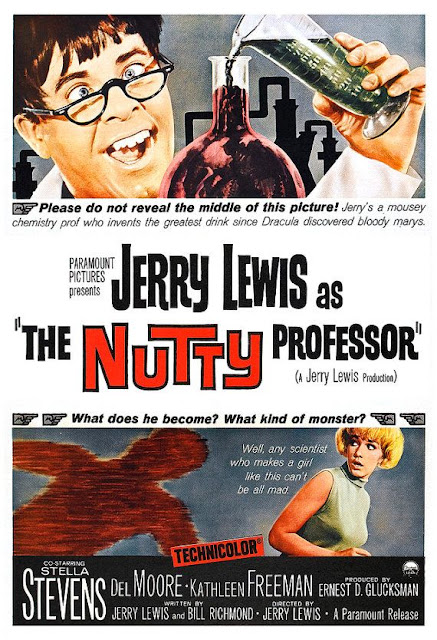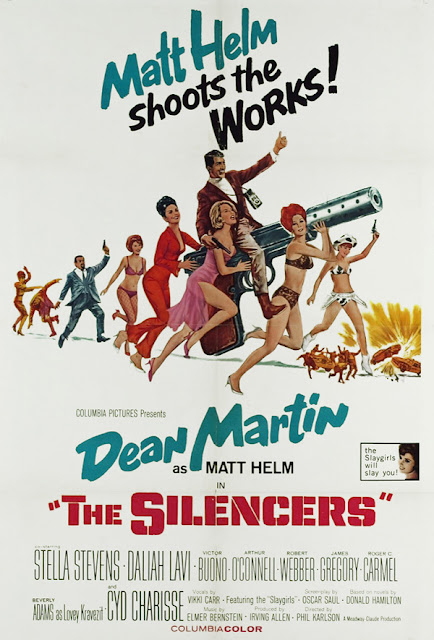Actor John Ritter was born on this day in 1948 (and died at the all-too-young age of 54 in 2003.) He's best known for the late 1970s-early '80s sex farce sitcom Three's Company, on which he played culinary school student Jack Tripper, who shares an apartment with two attractive young women while having to pretend he's gay so the landlord won't think any hanky-panky is going on. The funny thing--literally so, as it was the primary source of the show's humor--is no hanky-panky ever did go on, though the main characters often thought otherwise. 3C may have been the sexiest network series of its time, but it was all talk, no action, much innuendo about nothing:
Real sex wouldn't have been nearly as funny (though arguably still attention-getting.)
Ritter talks about the sitcom that made him a star and other things in this 1997 interview with Conan O'Brien:
So what was that Don Ohlmeier "in-joke" all about anyway? Ohlmeier was the head of NBC Entertainment, the network O'Brien was on at the time, and the highest rated network throughout the 1990s. The lying-in-the-snow wisecrack could have been a reference to Ohlmeier's alcoholism. Perhaps not a nice thing to joke about, but Ohlmeier was arguably fair game. He had been accused of sexual harassment shortly before going into rehab, and a cynical attitude toward the man was beginning to take shape. The cynical attitude wasn't lessened any by Ohlmeier's friendship with O.J. Simpson, who had recently been found not guilty of murder, though few people outside the jury box believed he was innocent. In fact, a battle of sorts was brewing between Ohlmeier and Saturday Night Live Weekend Update anchor Norm McDonald over anti-O.J. jokes the latter was making on the air, a battle McDonald would eventually lose when he was fired from SNL--WAIT A SECOND! This post is supposed to be about John Ritter, not Don Ohlmeier.
Conan mentioned that John Ritter fell down quite a bit on Three's Company. Though I didn't want the man to hurt himself, I would say that was a good thing, as Ritter was one of the great physical comedy actors of his generation. See for yourself:
No slapstick, though Ritter's character may have put his foot in his mouth.


.webp)




















.jpeg)






























